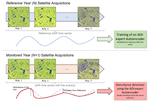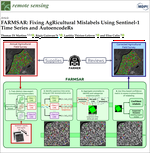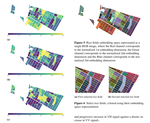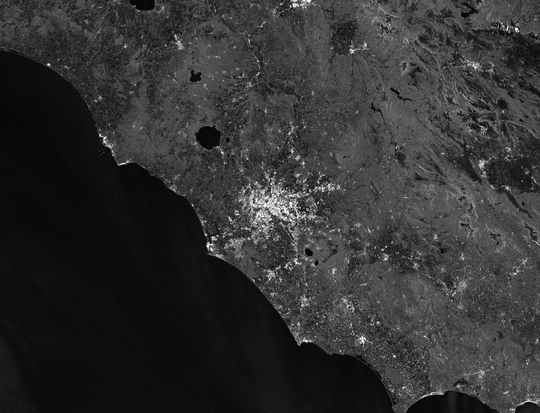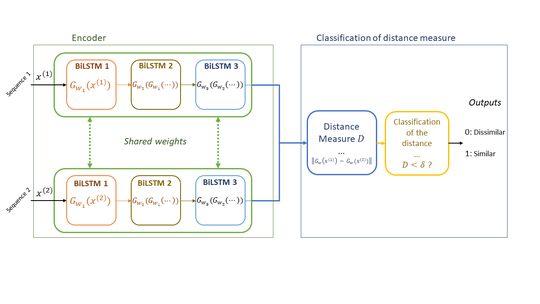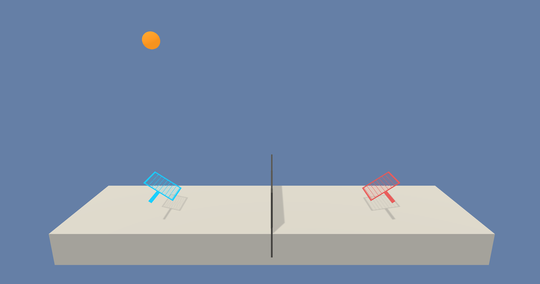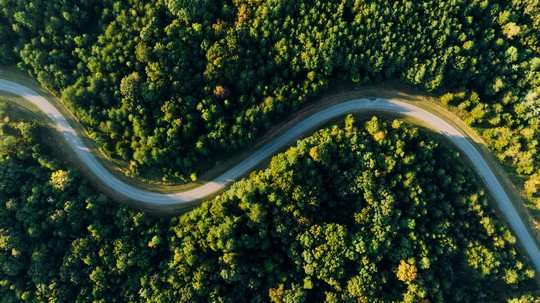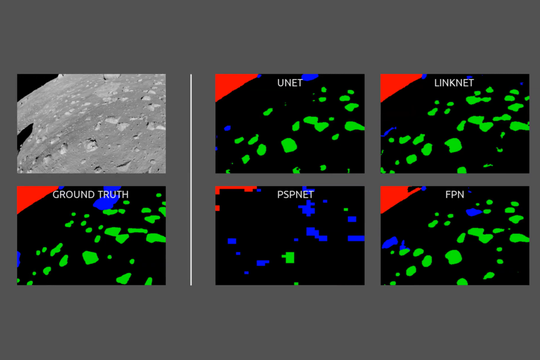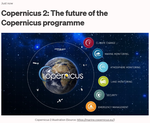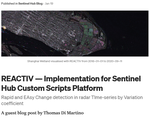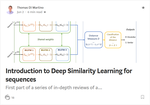About
As a French Ph.D. student, I am passionate to whatever comes close to Artificial Intelligence & Earth Observation. Whether it is theoretical content with exploring state-of-the-art models or more concrete applicative programming with Jupyter Notebooks, I always find myself curious about what the world is up to !
Additionally, I am currently exploring the depth of SAR imagery seeing how it can help to better monitor forests.
SAR-iously studying is my motto. 😉
🛰️ 🛰️ 🛰️
Interests
- Artificial Intelligence
- Remote Sensing
- Computer Vision
- Earth Observation
Education
-
PhD in Remote Sensing, 2020-2023
SONDRA Laboratory, CentraleSupélec, Gif-sur-Yvette, France; ONERA DTIS, Palaiseau, France
-
MSc in Artificial Intelligence & Multimodal Interaction, with Distinction, 2019-2020
Heriot-Watt University, Edinburgh, Scotland
-
Engineering degree in Computer Science, 2017-2020
EISTI, Cergy, France
-
BSc degree in Computer Science, 2015-2018
Cergy-Pontoise University, Cergy, France
